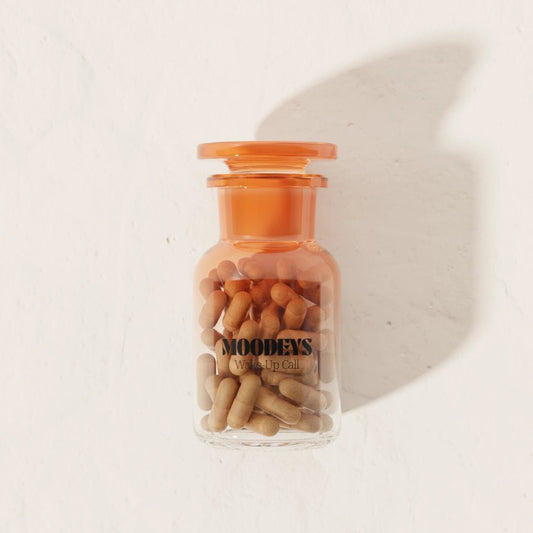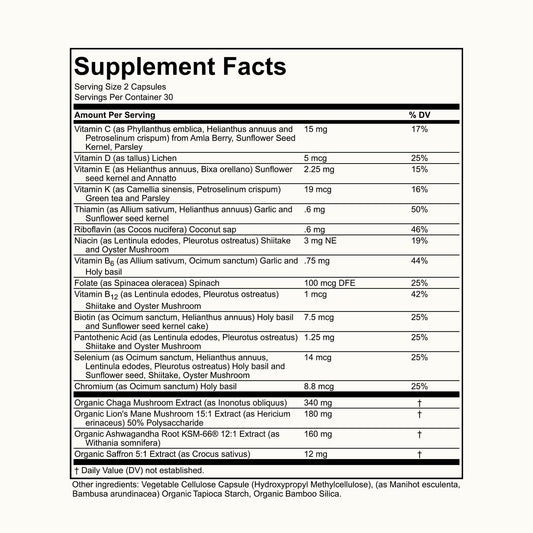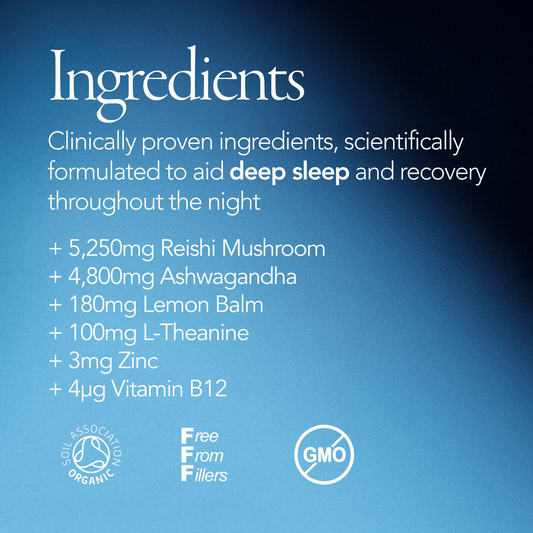
7 Tips for Improving Your Immune System
A robust immune system is your body’s best defense against infections and diseases. It’s essential to keep your immune system strong and functioning effectively to protect against illness. Here are some top tips to help you boost your immune system through diet, lifestyle changes, and supplements.
1. Prioritise a Healthy, Balanced Diet
One of the most effective ways to improve your immune system is through a healthy, balanced diet. The nutrients you consume play a crucial role in supporting your immune system functions. They keep your body protected against infection.
Eat Plenty of Fruits and Vegetables:
Fruits and vegetables are rich in essential vitamins and minerals that are critical for a healthy immune system. Citrus fruits, for instance, are high in vitamin C, which helps boost the production of white blood cells—key players in fighting infections. Leafy greens like spinach and kale provide vitamin A. This is crucial for maintaining skin and tissues integrity, your body’s first line of defense against pathogens.
Include Nuts and Seeds:
Nuts and seeds, such as almonds and sunflower seeds, are excellent sources of vitamin E.This is an antioxidant that supports the immune system by protecting cells from damage. These foods also provide healthy fats and proteins that are necessary for the production of immune cells.
Incorporate Whole Grains and Lean Proteins:
Whole grains are a good source of B vitamins, which support energy levels and the formation of new immune cells. Lean proteins, like chicken, fish, and legumes, provide the amino acids. We need these to produce antibodies and other proteins that are crucial for the immune response.
2. Engage in Regular Physical Activity
Regular exercise is beneficial for your cardiovascular and muscular health. It also plays a vital role in boosting your immune system. Physical activity helps your immune system by promoting good circulation. This allows cells and immune system substances to move through the body more efficiently and do their job effectively.
Aim for Consistent Exercise:
Engaging in regular physical activity, such as walking, jogging, swimming, or cycling, can enhance immune system function by increasing blood circulation and reducing inflammation. We recommend at least 150 minutes of moderate exercise or 75 minutes of vigorous exercise per week.
Manage Stress Through Exercise:
Exercise is also an excellent way to reduce stress. This is important as stress can weaken the immune system. By incorporating regular physical activity into your routine, you can help manage stress levels, thereby supporting your immune health.
3. Get Enough Sleep
Sleep is an often overlooked but crucial component of a healthy immune system. During sleep, your body repairs itself and produces important immune cells. Producing cells such as cytokines, which help fight off infections and inflammation.
Maintain a Regular Sleep Schedule:
Aim for 7-9 hours of quality sleep each night. A consistent sleep schedule helps regulate your body’s internal clock This makes it easier for your immune system to function optimally.
Create a Sleep-Friendly Environment:
Ensure your bedroom is conducive to sleep by keeping it dark, quiet, and cool. Limiting screen time before bed and practicing relaxation techniques can also improve sleep quality.
4. Stay Hydrated
Hydration is essential for overall health, including the immune system. Water helps carry nutrients to your cells and flush toxins out of your body. Staying well-hydrated ensures that your immune system is functioning properly and efficiently.
Drink Plenty of Water:
Aim to drink at least 8 glasses of water a day. If you find plain water boring, try adding slices of lemon or cucumber for flavour. Herbal teas and broths can also contribute to your daily fluid intake.
5. Supplement When Necessary
A balanced diet should provide most of the nutrients your immune system needs, supplements can help fill in the gaps. This is especially important if your diet is lacking in certain areas.
Consider Vitamin D Supplements:
Vitamin D is crucial for immune health, and many people have insufficient levels. Especially in the winter months or if they spend most of their time indoors. Vitamin D helps regulate the immune system and is essential for fighting off respiratory infections.
Boost with Vitamin C:
If your diet is low in fruits and vegetables, a vitamin C supplement can provide this important nutrient. This supports white blood cell production and overall immune function.
Include Zinc and Probiotics:
Zinc is another vital nutrient that supports immune function. It does this by helping your body produce and activate T-cells, a type of white blood cell that fights infections. Probiotics in yogurt and other fermented foods, can be beneficial for gut health, which links closely to immune function.
6. Practice Good Hygiene
Good hygiene practices are essential for preventing infections and keeping your immune system strong.
Wash Your Hands Regularly:
Frequent handwashing with soap and water is one of the most effective ways to prevent the spread of germs. This protects your immune system from being overwhelmed.
Avoid Touching Your Face:
Pathogens can enter your body through your eyes, nose, and mouth, so avoid touching your face with unwashed hands.
7. Minimize Stress
Chronic stress can weaken your immune system, making you more susceptible to illnesses. Finding ways to manage and reduce stress is crucial for maintaining a healthy immune system.
Practice Mindfulness and Relaxation:
Techniques such as meditation, deep breathing, and yoga can help reduce stress levels and support your immune system.
Stay Connected with Loved Ones:
Social connections and emotional support from friends and family can also reduce stress and improve your overall well-being.
Conclusion
Boosting your immune system involves a holistic approach that includes:
- Healthy diet
- Regular exercise
- Adequate sleep
- Hydration
- Stress management
By incorporating these top tips into your daily routine, you can keep your immune system strong. Better protecting yourself against infections and diseases. Remember, consistency is key—small, daily actions can lead to significant improvements in your immune health over time.





